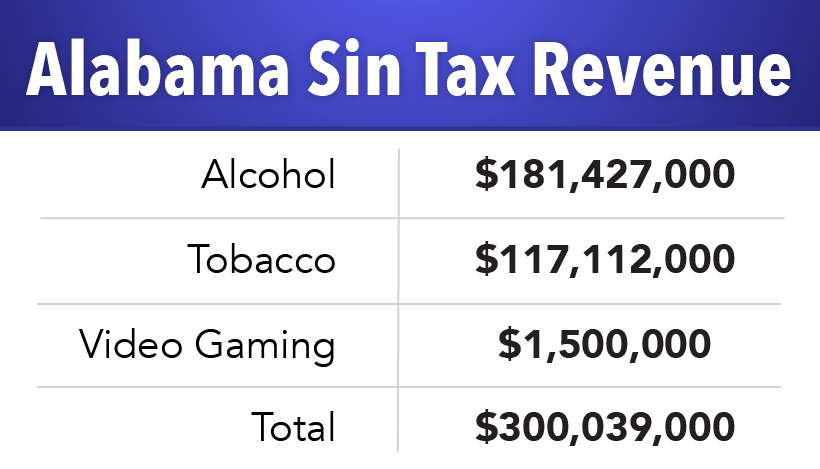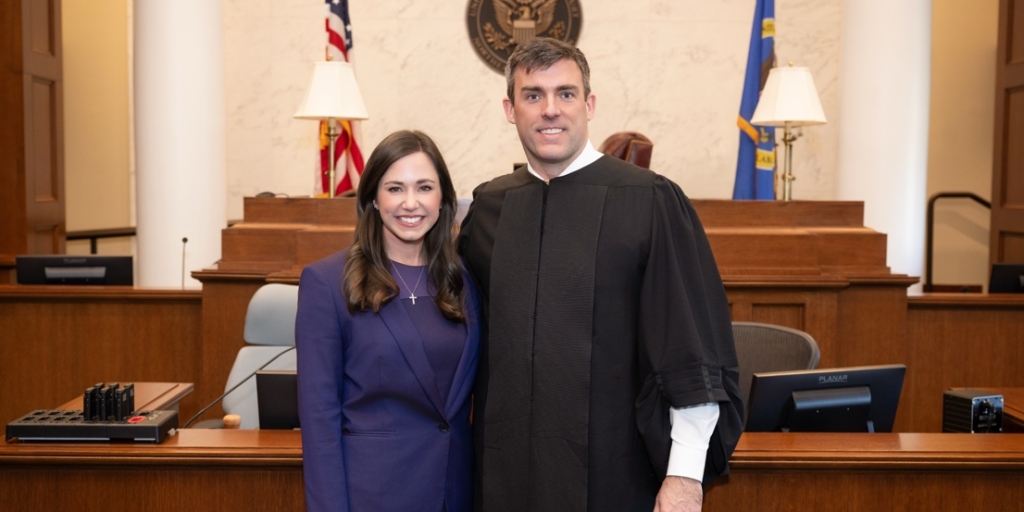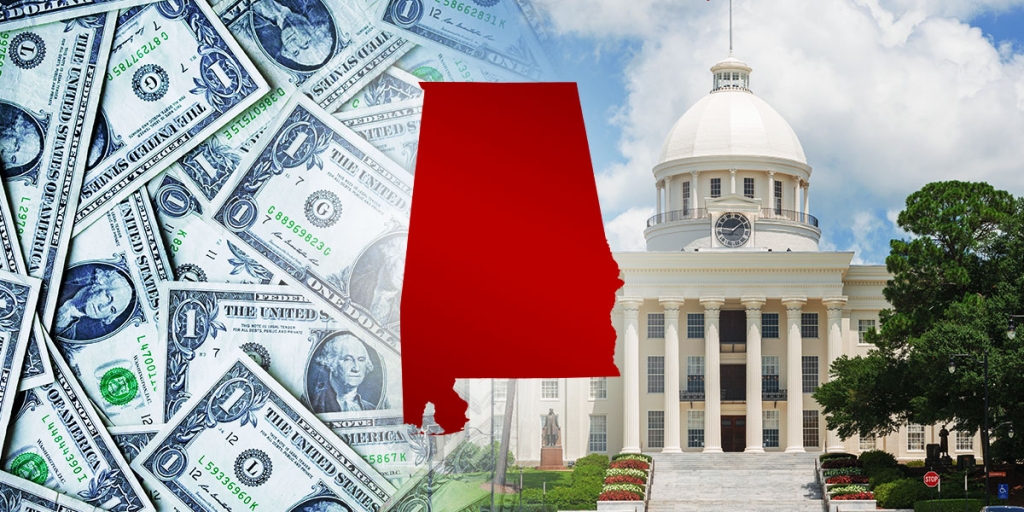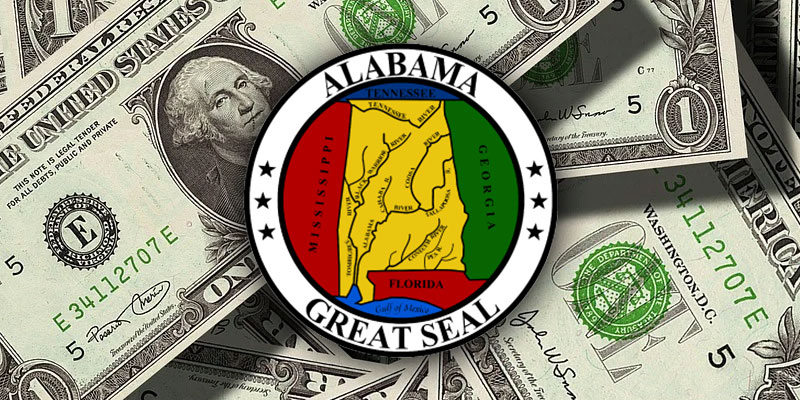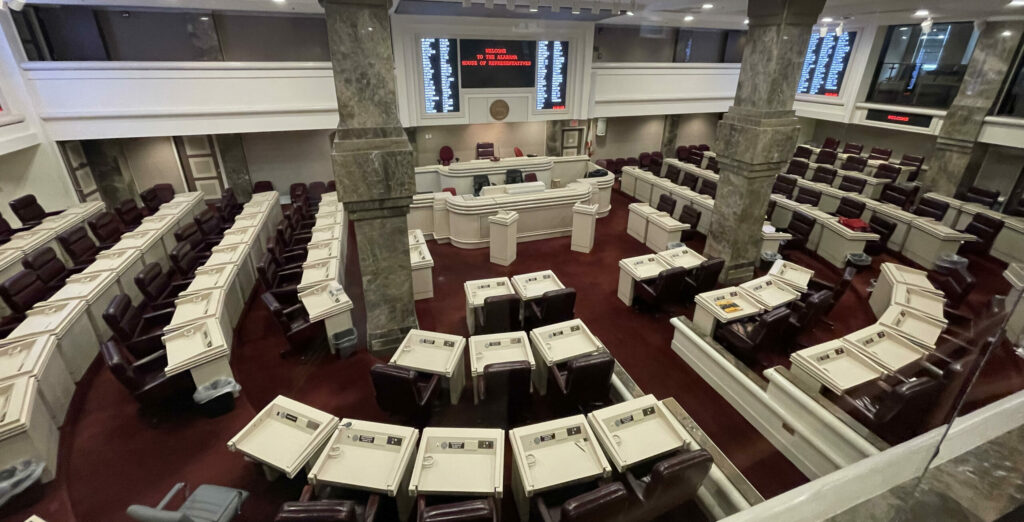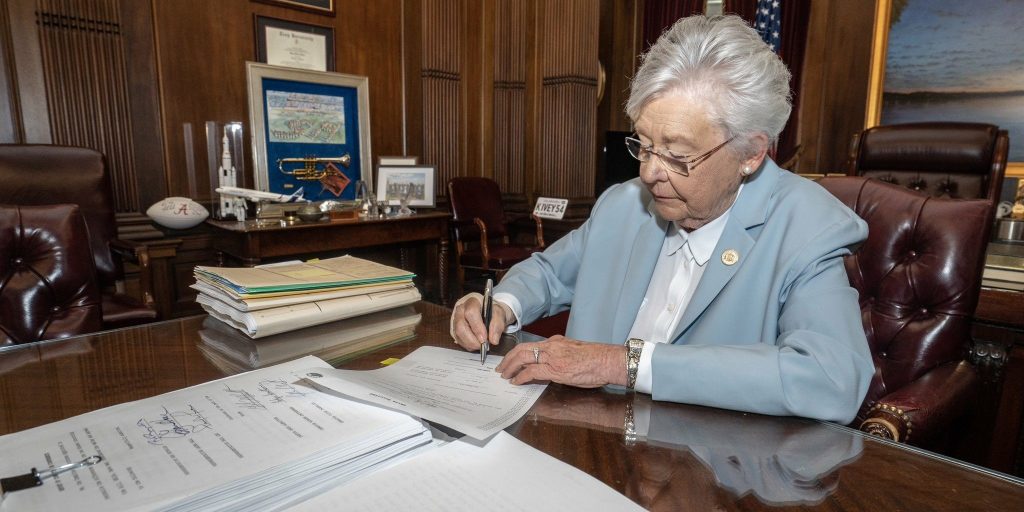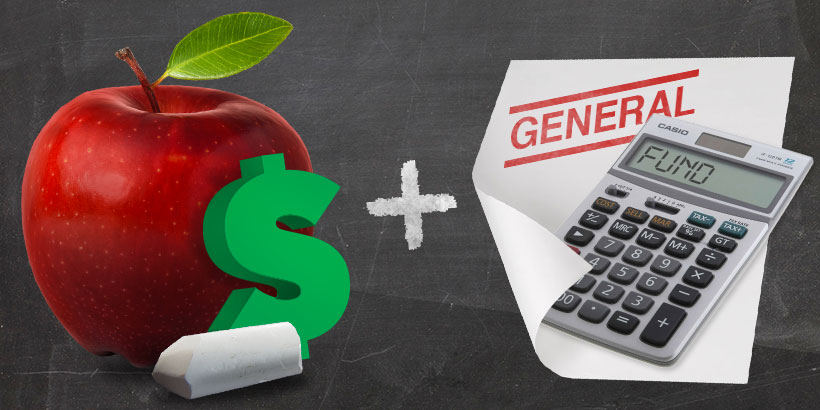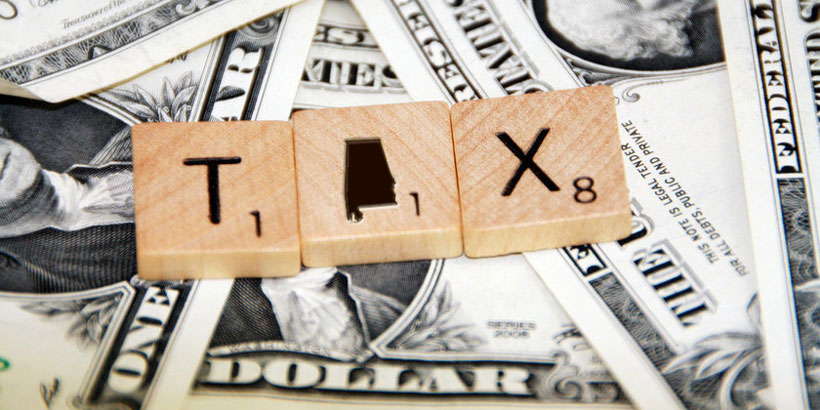
MONTGOMERY, Ala. — A new study suggests Alabama lawmakers from both parties have decided raising “sin taxes” is the way to fix the state’s chronic budgeting woes, rather than cutting government.
A sin tax is an excise tax specifically levied on certain goods deemed harmful to society, for example alcohol and tobacco, candies, drugs, soft drinks, fast foods, coffee, and gambling.
According to cost information website howmuch.net, Alabama rakes in $300 million annually from taxes imposed on alcohol, tobacco, and “video-gaming” (See map below). While that places Alabama in the middle of the pack nationally, the Yellowhammer State rockets near the top of the list when it is calculated a higher percentage of total state government income.
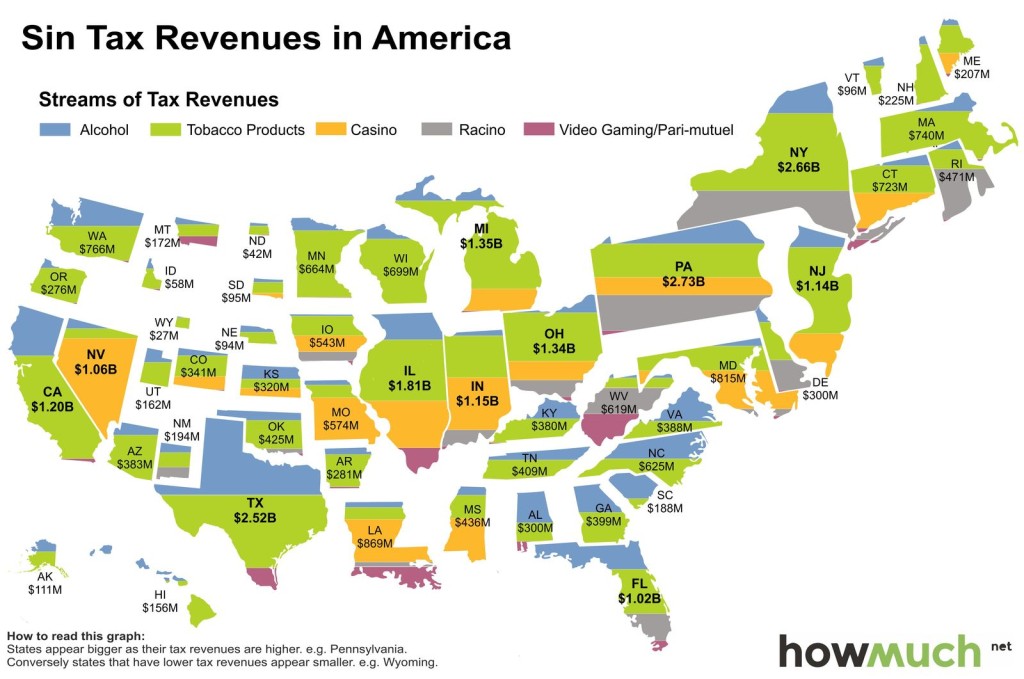
Such taxes are often presented as a positive move for overall public health. Just this week, in fact, the American Heart Association sent out a letter inviting government officials and members of the media to hear “health experts” discuss the need for “sugary drink tax legislation.”
But conservatives have pushed back that such bills are hardly the type of proposals that the Republican majority pledged to advance when they took over the legislature in 2009.
Yellowhammer’s Cliff Sims had some choice words for sin taxes when governor Robert Bentley pushed for hikes during the 2015 special legislative session.
“Sin taxes” are a favorite tool of liberal politicians looking for a palatable way to prop up big government. They get the revenue they want while avoiding a tax hike on income, property or other areas that could elicit an immediate negative response from the majority of the voting public.
Sims analysis has been backed up by HowMuch’s research. The new study notes that “states have raised taxes on tobacco products 111 times between 2000 to 2015.” Alabama fell into that category just last year, when the legislature approved a 25 cent per pack tax increase on cigarettes that was expected to raise $66 million per year.
RELATED: Alabama House passes 25 cent tax increase on cigarettes
While the tax hikes passed by the Republicans may have “solved” the immediate budget shortfall, data suggests that it may turn out to be little more than an expensive band-aid.
Alabama earns more than $100 million from sin taxes on tobacco alone. However, research into cigarette sales numbers show that purchases have decreased over the past four decades. A 2014 Yellowhammer editorial noted:
As a result of the tax hikes, laws banning smoking, aggressive anti-smoking ad campaigns and polling that indicates Americans no longer consider smoking “normal behavior,” the U.S. Surgeon General published a 980-page report last year actually predicting an eventual end to smoking in the United States.
The GIF map below illustrates that smoking in Alabama hit its peak in 1979, when there were 123 packs of cigarettes sold for every person living in the state. By 2012, Alabama’s yearly cigarette sales per capita had plummeted to 67.
Click on the image to see the rates move over time.
Although such sin taxes may be able to fill in the holes in a fundamentally flawed General Fund, they do not appear to be a longterm solution.
But despite these statistics, Alabama legislators continue to sin tax hikes while rejecting reform measures that could address the state’s structural budgeting issues. Just last session, liberal activist group Alabama Arise is called for a 75-cents-a-pack increase in the state cigarette tax to help fund the Alabama Medicaid Agency.
The full report from HowMuch can be seen on its website linked here.




